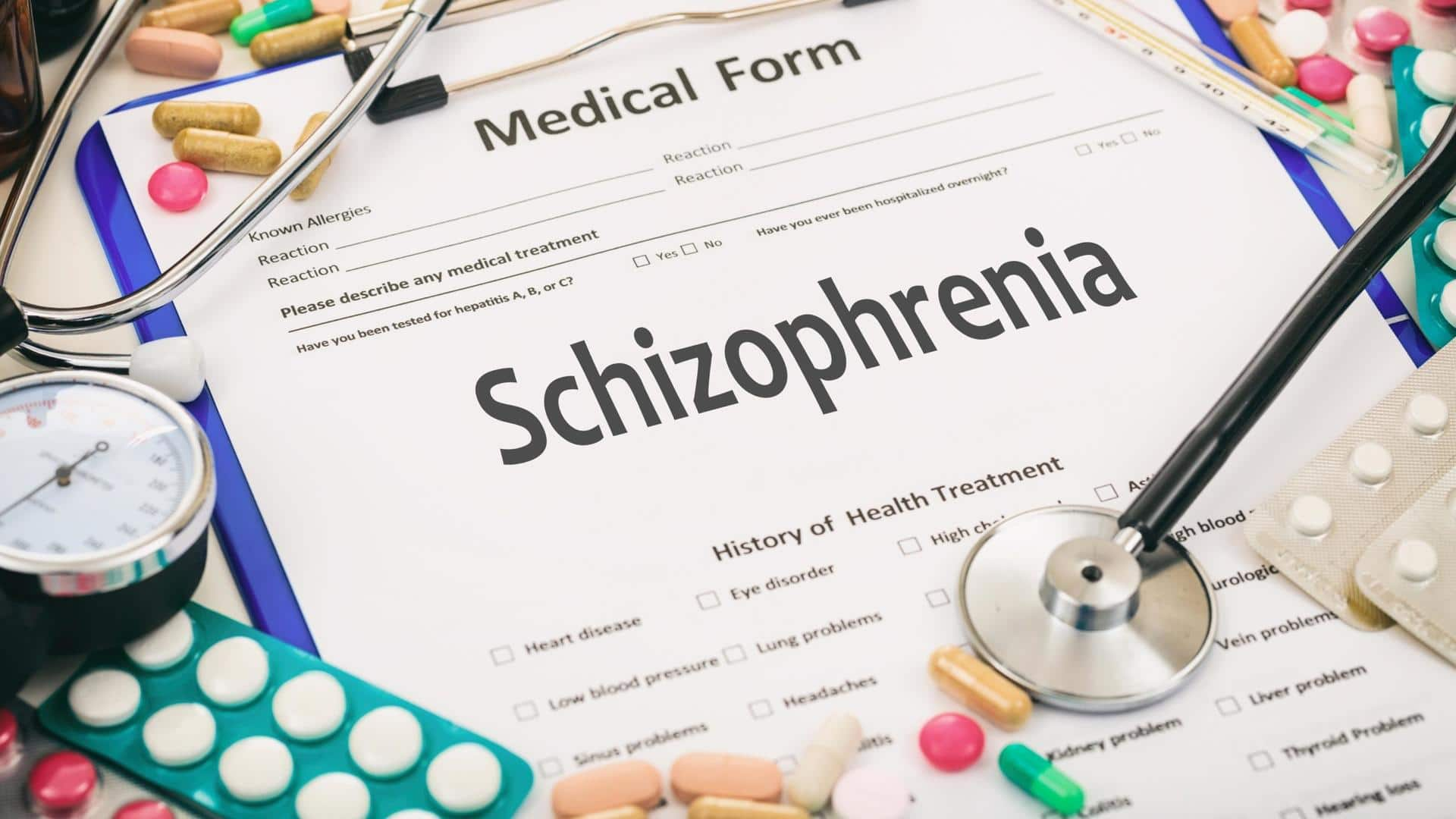
World Schizophrenia Day: Know about this complex mental health condition
What's the story
Schizophrenia is a complicated mental health condition that many people don't understand. Those who live with it often feel alone, face discrimination, and struggle to find the help they need. World Schizophrenia Awareness Day, today aims to change that. By spreading awareness, we can break the stigma and foster understanding and support for those affected. Let us understand this serious mental illness in detail.
Schizophrenia
What is schizophrenia?
Schizophrenia is a mental disorder that messes heavily with a person's mind. They may start hearing or seeing things that aren't there in real and have strange thoughts. It can make them feel like they are in a different reality. Usually, it starts when they are in their twenties, but sometimes even earlier. Surprisingly, about 24 million people worldwide have this condition.
Significance
History and significance of this day
In 1984, the World Health Organization (WHO) and other groups like the World Fellowship for Schizophrenia and Allied Disorders marked the beginning of World Schizophrenia Day. The goal was simple: to teach people about schizophrenia and break the myths and stereotypes surrounding it. On this day, organizations and mental health advocates host events and activities to promote awareness and educate the public about schizophrenia.
Theme
The theme of this year
Each year, World Schizophrenia Day has a special theme that highlights a specific aspect of the disorder. In 2023, the theme is "Celebrating the Power of Community Kindness," focusing on the positive impact of supportive communities. In 2022, the theme was "Breaking the Stigma, Sharing Our Stories," which aimed to challenge misconceptions and encourage individuals with schizophrenia to share their experiences.
Stigma
Stigma and misconceptions surrounding schizophrenia
The stigma associated with schizophrenia can result in discrimination, social isolation, and limited employment opportunities. One of the main sources of stigma is the media, which often show people with schizophrenia as violent, whereas the reality is that it is they who are more likely to be victims of violence. Sadly, even some healthcare providers hold negative views, causing misdiagnosis and poor treatment.
Symptoms
How to tell if someone has schizophrenia
People with this condition may hear voices, see things others don't, or have strange beliefs. They might think someone is controlling their mind through TV or feel like they have special powers. Some might also believe they are being poisoned and refuse to eat. They may also have confused thoughts and speak in a way that's hard to understand.
Treatment
Is there a treatment for schizophrenia?
Schizophrenia needs ongoing treatment, even when symptoms are not severe. Most people can recover or improve enough to live independently, but some need support from others. Sadly, a few don't fully recover and require lifelong treatment. Treatment plans for schizophrenia may include antipsychotic medications, individual therapy, social skills training, vocational rehabilitation, family therapy, supported employment services, electroconvulsive therapy, and residential treatment.
Advice for caregivers
Caregivers must take care of themselves first
"When it comes to schizophrenia, the complete responsibility of taking care rests on the shoulders of the patient's caregivers," emphasizes trainee psychologist Nikita Singhani. "So, it becomes increasingly crucial for caregivers to attend to their own physical, mental, and social health, especially when in our culture, taking care of ourselves first is looked down on as a selfish act," she adds.
Quote
'Listen with more empathy, less judgement'
"People with schizophrenia are the ones whose emotional needs are always left battered. By listening to their hallucinatory and delusional thoughts with more empathy and less judgement, caregivers may ensure meeting their emotional needs, thereby, keeping schizophrenia in check," says trainee psychologist Nikita Singhani.
Observance
How to observe World Schizophrenia Awareness Day
You can observe World Schizophrenia Awareness Day in some simple yet impactful ways. First, educate yourself by exploring reliable online resources that provide valuable information. Share what you have learned with your friends, engaging in conversations to spread awareness. If you feel about it passionately, consider volunteering at a psychiatric ward or mental health facility to gain firsthand experience and deepen your understanding.